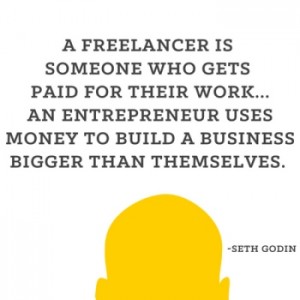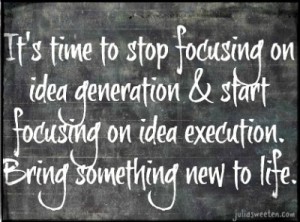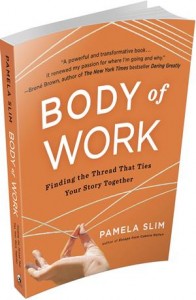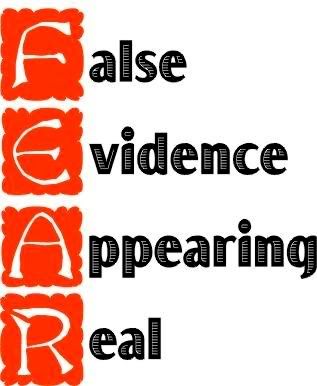“If you are going to achieve excellence in big things, you develop the habit in little matters. Excellence is not an exception, it is a prevailing attitude” – so says Colin Powell. Like other things, excellence seems to be what you should do when others are not looking!
 What I find interesting in this quote is how is could be misinterpreted as for some people, the line is extremely fine between excellence and perfectionism. And if perfectionism is applied to everything including the things, it can obviously be a quite counter-productive behavior.
What I find interesting in this quote is how is could be misinterpreted as for some people, the line is extremely fine between excellence and perfectionism. And if perfectionism is applied to everything including the things, it can obviously be a quite counter-productive behavior.
According to Wikipedia, “excellence is a talent or quality which is unusually good and so surpasses ordinary standards”. Colin Powell thus suggests that we should develop an attitude that seeks to always surpass normal standards, even by a little – and not be satisfied by the ordinary in all circumstances.
That is a tough standard, still Colin Powell is probably right to suggest that it is only by being relentless seeking excellence in all aspects that one will also become excellent in large endeavors. In my experience, excellence in executing large projects is a close attention to detail and excellence in all aspects of execution.
Be relentless seeking excellence. And you’ll achieve great things.
Credits: I found this great quote on Lifehack from where the image is also imported from.











